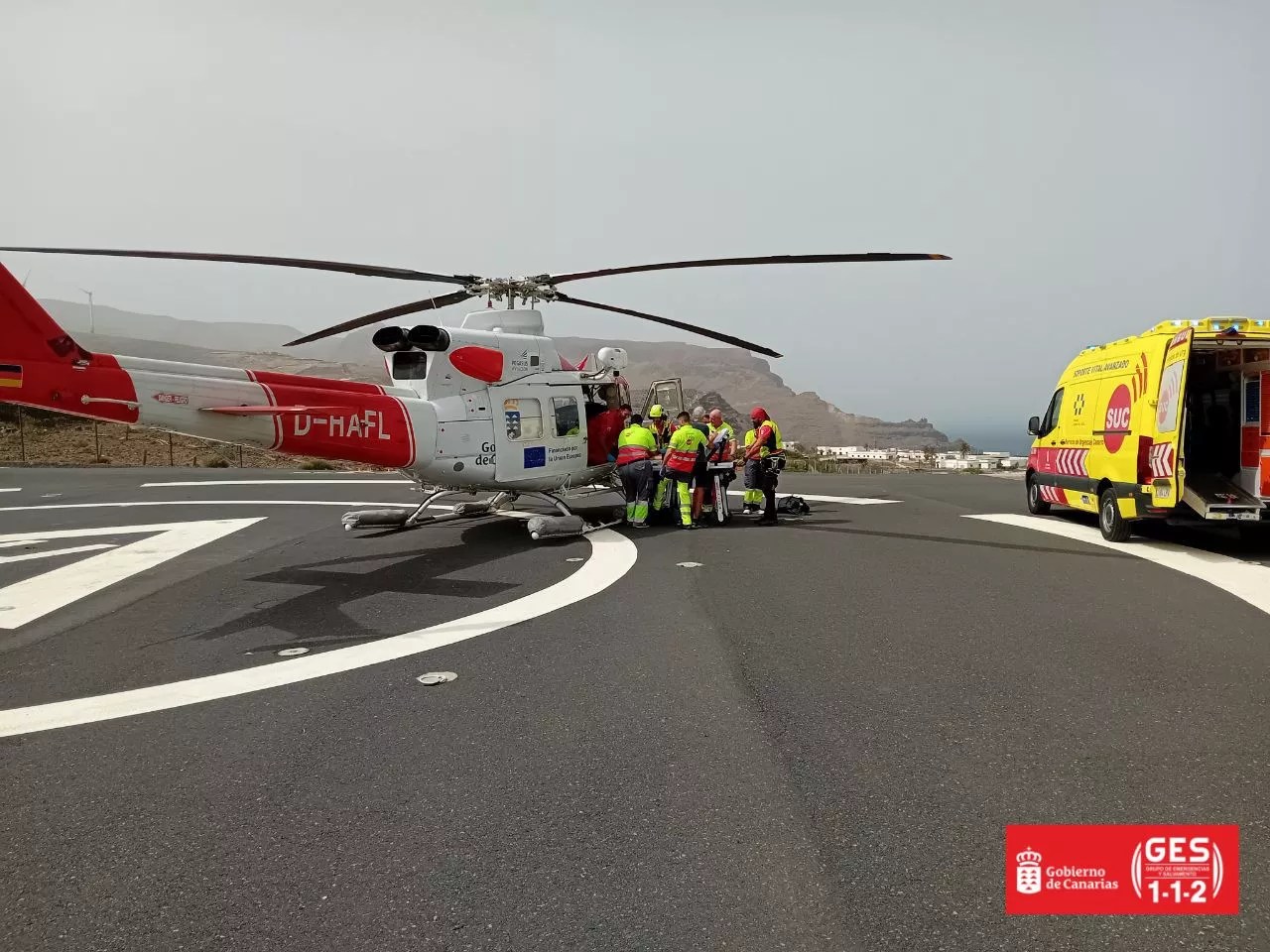
The president, Rosa Dávila, assumes the “leadership” of the corporation to mitigate the queues in coordination with economic and social agents
SANTA CRUZ DE TENERIFE, July 10 (EUROPA PRESS) –
The Cabildo de Tenerife has agreed this Monday to create work teams, in collaboration with economic and social agents on the island, to work on coordinated measures to improve mobility and mitigate the impact of queues.
This is how the insular president, Rosa Dávila (CC), has advanced it to journalists after a meeting with representatives of the ULL, CEOE-Tenerife, town halls and professional associations in which she has made clear the “leadership” of the corporation to face the “enormous challenge” that the people of Tenerife have.
He has indicated that in September there will be a second meeting to begin to implement the first solutions “immediately” and that they involve, broadly speaking, changing schedules in public and private workplaces, promoting teleworking at peak hours, identifying ‘black spots’, improve the efficiency of public transport, decentralize services or set priority uses of vehicles for certain groups.
Dávila has insisted that it has been a “profitable, very productive” meeting, with more than 60 people, and in order to take coordinated measures to “alleviate traffic jams and collapse” and help the “decarbonization” of the island, improve “people’s health” and economic competitiveness.
He pointed out that it is the “first step” in seeking solutions to “finally end” traffic problems, knowing that “there are no magic solutions”, anticipating that next week the first meetings of the work commissions.
“We are all committed to a challenge that is not easy, but we do not evade it or look the other way,” he stressed.
The president has commented that they will also meet with representatives of the Government of the Canary Islands when she takes office to analyze the state of the large pending infrastructures on the island and they will review various measures such as the staggering of hours for heavy vehicles, time changes at the University of La Laguna, identify “black spots” or reduce the “intensive use” of private vehicles.
He has commented that in the Cabildo they have “quite studied” the problem of mobility, something in which political, economic and social agents agree “separately” and now it is about “moving from words to deeds”.
Dávila has pointed out that he will hold weekly meetings with the Highway area to assess the situation and has valued the “receptiveness and willingness” of all those involved to “be part of the solution” with “relatively simple” initiatives pending large infrastructure .
The vice president of the Cabildo, Lope Afonso (PP), has highlighted the “success” of the meeting given the “seriousness” of the mobility problem that the island has and that “affects the whole world equally” so it is a matter that be at the “core” of government action.
THE HEALTH OF THE PEOPLE OF TINERFAS, AT PLACE
It has advanced that this problem can be “moved forward” if the Cabildo goes “hand in hand” with Tenerife society, warning that tourism “suffers” the collapse of traffic, damaging the “territorial balance” of the island and also “the health of the people of Tenerife is at stake”.
Afonso sees it as “viable” that the hours in large workplaces can be modified or hours in educational centers are staggered, hence he has announced that there will be talks with the union organizations to apply these measures in the Cabildo. “No measure should be ruled out,” he added.
The president of CEOE-Tenerife, Pedro Alfonso, who has lamented the few meetings on mobility in the past term, has given the “support” of the Cabildo employers to try to resolve the queues and in this sense they have proposed “combining” various initiatives such as teleworking, delaying entry into the “greatest conflict” areas, looking for “intermodal formulas” to leave cars outside the cities or “how to make the transport of tourists compatible”.
He has also said that it is possible to debate whether less polluting vehicles or license plates per day have access to the helmets, as well as studying the “rush hours” or seeing the options of moving the schedules in hospitals, universities, public administrations or educational centers.
PRIORITIZE STUDENTS WHO COME FROM THE NORTH AND SOUTH
Rosa González, director of the Mobility Chair at the University of La Laguna (ULL) has indicated that the meeting has been “very fruitful” and that the ULL is involved in solving mobility problems, to the point that the center has his own plan.
In this sense, after analyzing the mobility patterns of students and the university community, he commented that the changes “must necessarily happen” by dividing the schedules and the management of the car parks, not prohibiting their use but that there are “privileged areas “for those who come from remote areas and with difficult access to public transport, not for those who travel from the metropolitan area, who have the tram.
“It is about discriminating based on origins, who has preferences and who does not,” he stressed.
The dean of the College of Engineers of Santa Cruz de Tenerife, Luis Pintor, has appreciated that the Cabildo wants to “promote solutions” in coordination with town halls and social and economic agents and understands that it is good to “deep” in the measures that can be done ” in the short, medium and long term”, among which he placed, for example, the improvement of the public bus system.
















